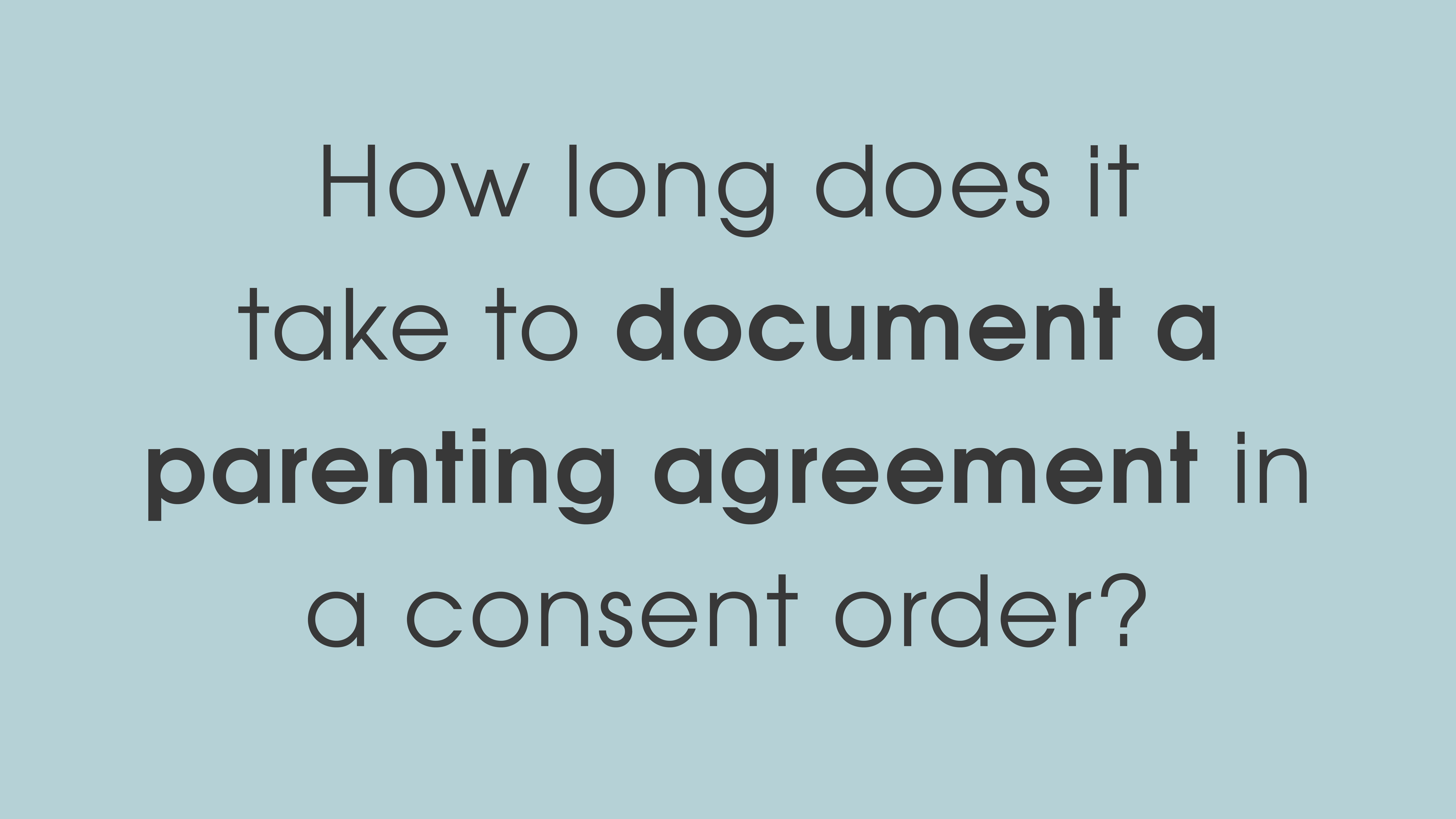How do we Help Children Cope with our Divorce?

A separation or a divorce can be tough for the whole family, including any children. Although as adults we may have some idea of what caused the breakdown in our relationship, children are often completely in the dark as to why their parents no longer want to live together, and why the only way of life they’ve ever known is changing. However, with the correct advice and support, you can help your child through the process. In this article, we look at how that’s possible.
Introduce any Changes Gradually
Many children feel uncomfortable with their parents sorting their schedule for them; especially if that new schedule means spending a set amount of time with each parent rather than simply spending time at the family home. With younger children particularly, changing a set schedule can also be very tough for them to deal with.
As a result, you should try to keep to as many familiar and comfortable activities and routines in the child’s life as possible. For example, if they have swimming lessons on a Wednesday afternoon, then you should endeavour to make sure that they can still attend these lessons. The more familiar you can keep their routine, the more likely they are to adapt to it. For this reason, if you move house, you should also try to stay in the local area if possible, at least to begin with.
You should also give your child a thorough talk through of their schedule, highlighting the benefits of it to them. Where possible, you should also ask for their feedback and try to accommodate any reasonable changes they would like.
If either you or your partner has met someone else since you decided to divorce, then you should only introduce them to your child gradually and, if at all possible, you should not rush to move your new partner into your home.
Communicate as a family regularly
Young children are often very socially aware and can pick up on social cues. As a result, if they notice that you and your ex-partner are refusing to speak to each other, then this may impact on their relationship with each parent. Having regular conversations as a family (at a neutral location if necessary) will help your child accept how things are and adapt to the necessary changes.
Remember that even if you now dislike your ex-partner, your child will still love them as their mother or their father, and you should respect that relationship as best as you possibly can. You may not wish to spend time with your ex-partner, but the more respect you can show to each other, the more you’ll be able to do what’s best for your child.
When communicating with your child, you should place a particular emphasis on reminding them that they played no role in your divorce. Children are likely to blame themselves when their parents break-up, so you should remind them that nothing they did created the current situation.
Put a Parenting Plan in Place
By formalising your child’s new scheduling, you’ll be able to provide your child with some much-needed stability.
Your parenting plan can provide details of where your child will live, how they spend their time between parents, how parental responsibility is exercised and how disagreements can be resolved.
Parenting plans are not legally enforceable and they cannot be registered in court. However, if there is a dispute later on, then the court may look at any pre-existing parenting plan to decide what is in the child’s best interests. If you and your ex-partner are able to co-operate and do not need anything legally enforceable, then a parenting plan is a good option. If not, then you should look at consent orders.
The law encourages parents to regard the court as a last resort and reach an amicable agreement on how to parent their child after separation. By introducing changes gradually, involving your child in the process and communicating regularly as a family, you will be able to reduce stress for you and your child. If you would like some help putting your new situation into a parenting plan, then contact us for an appointment.





